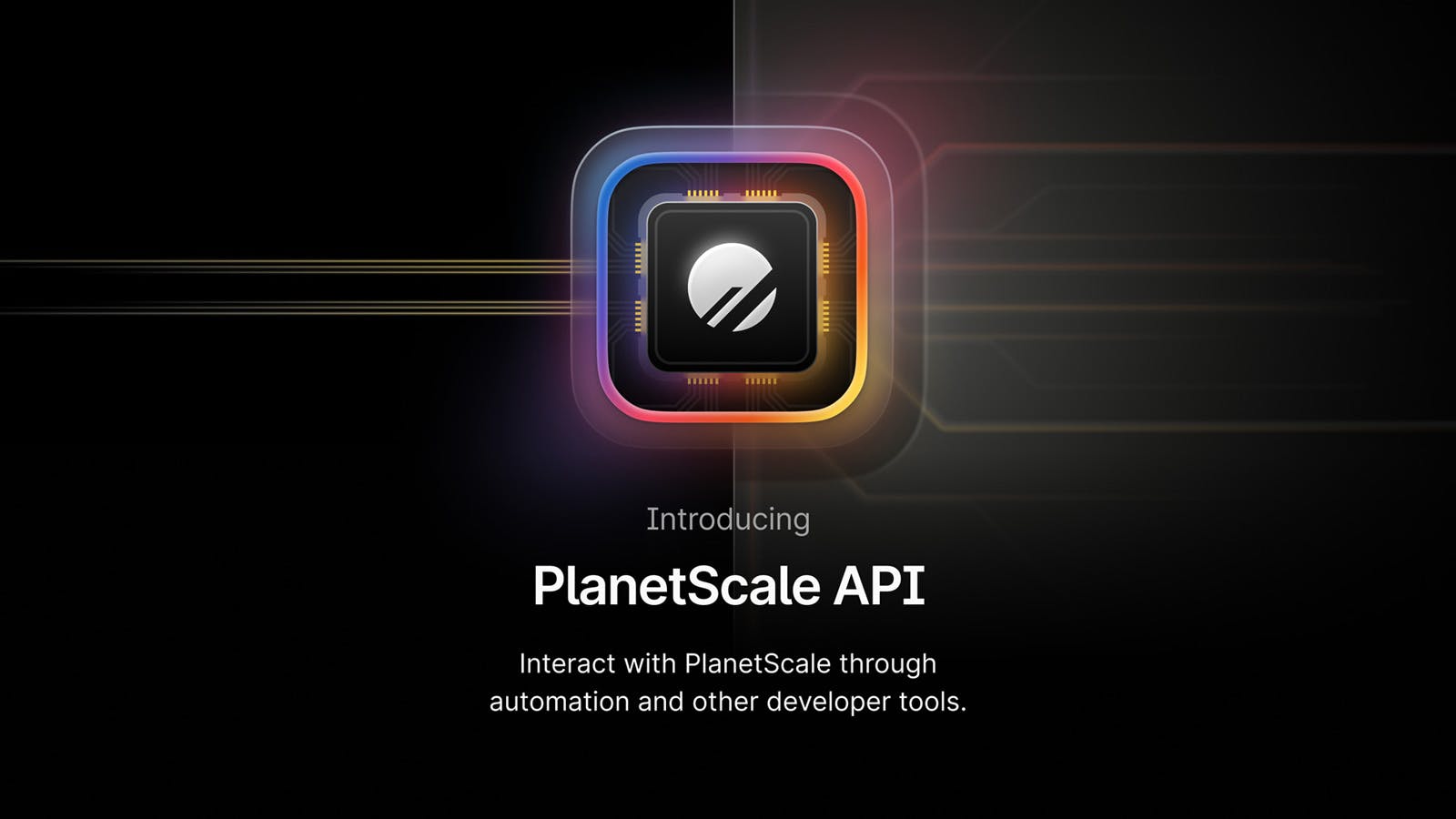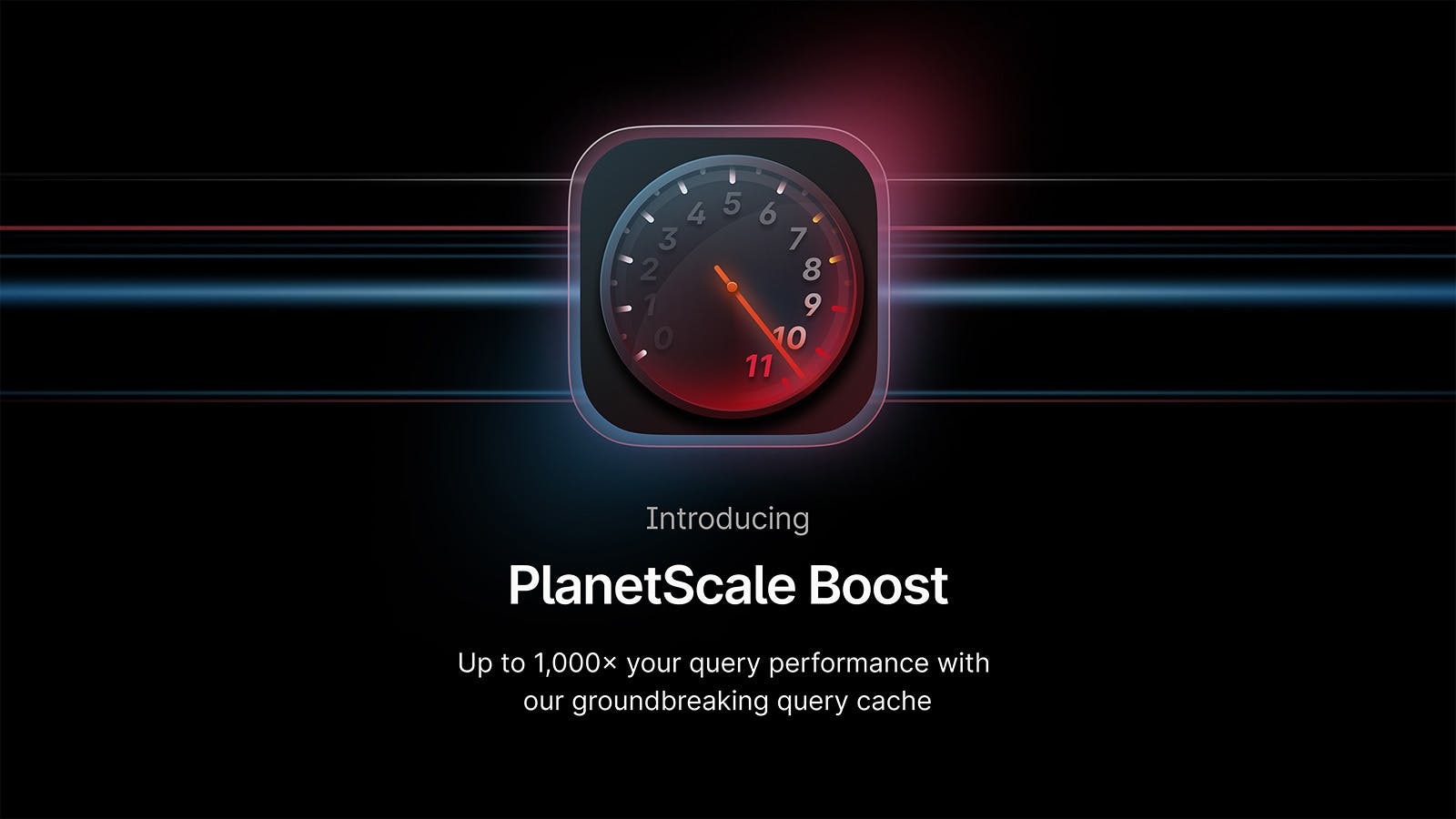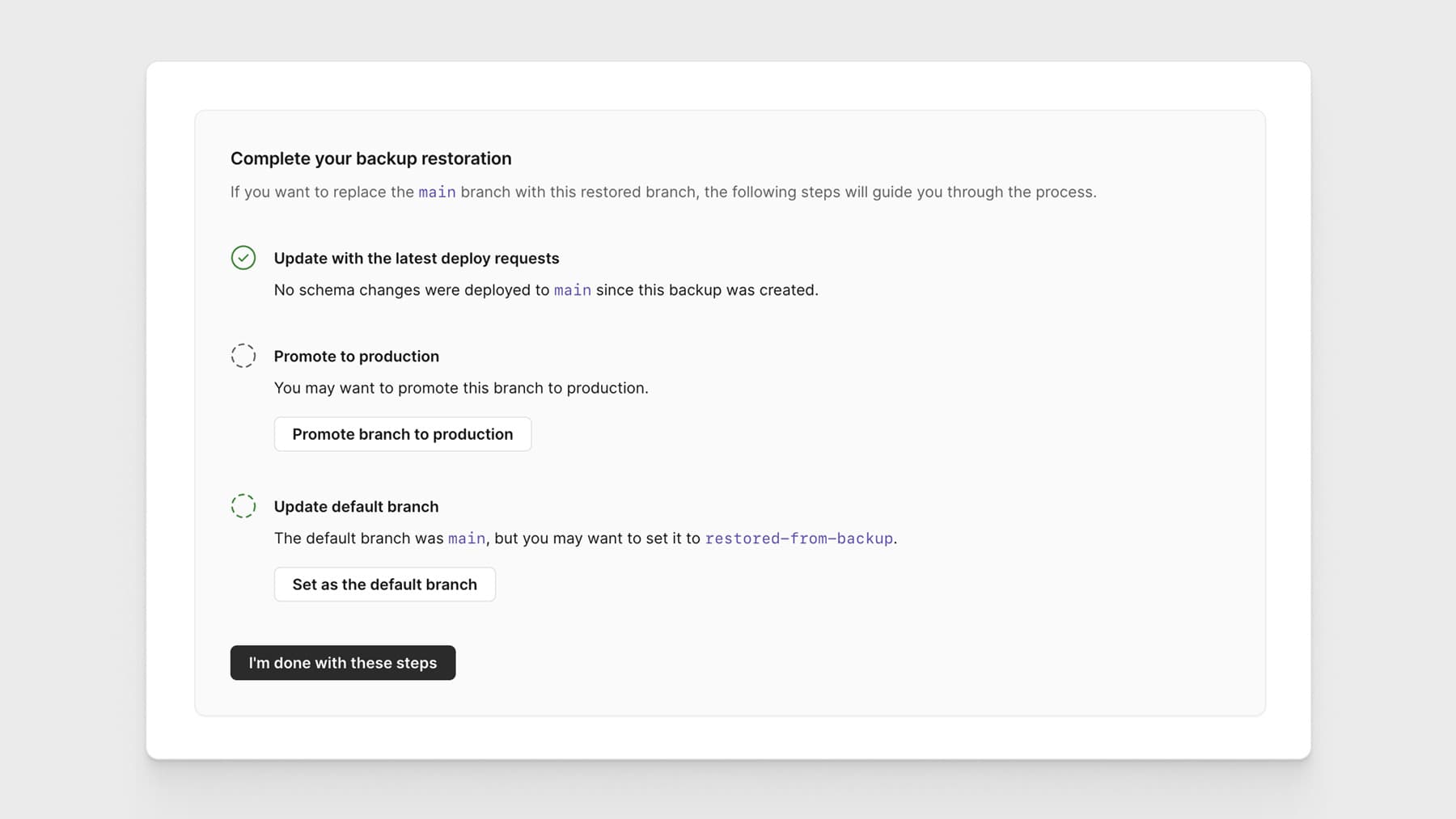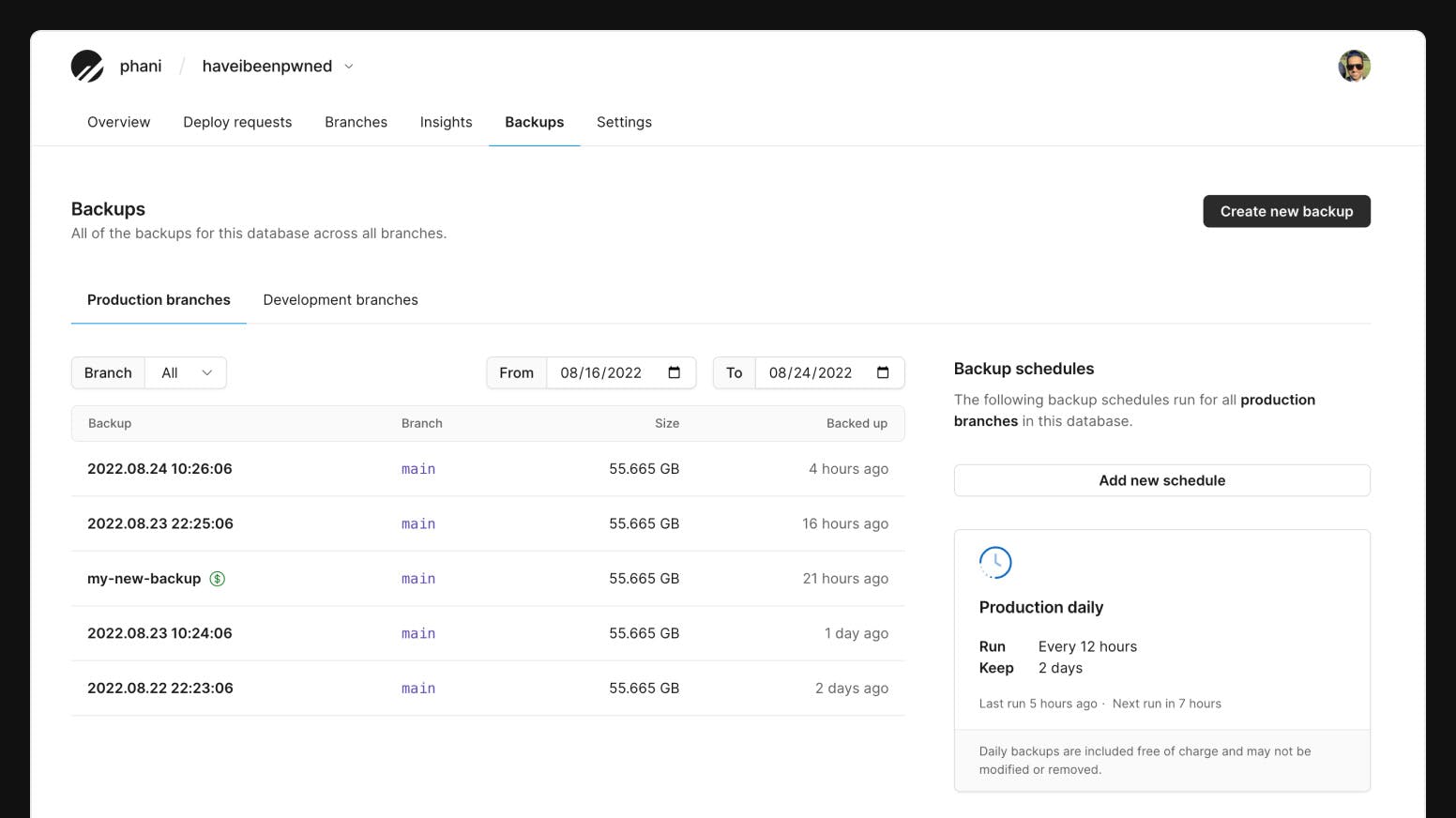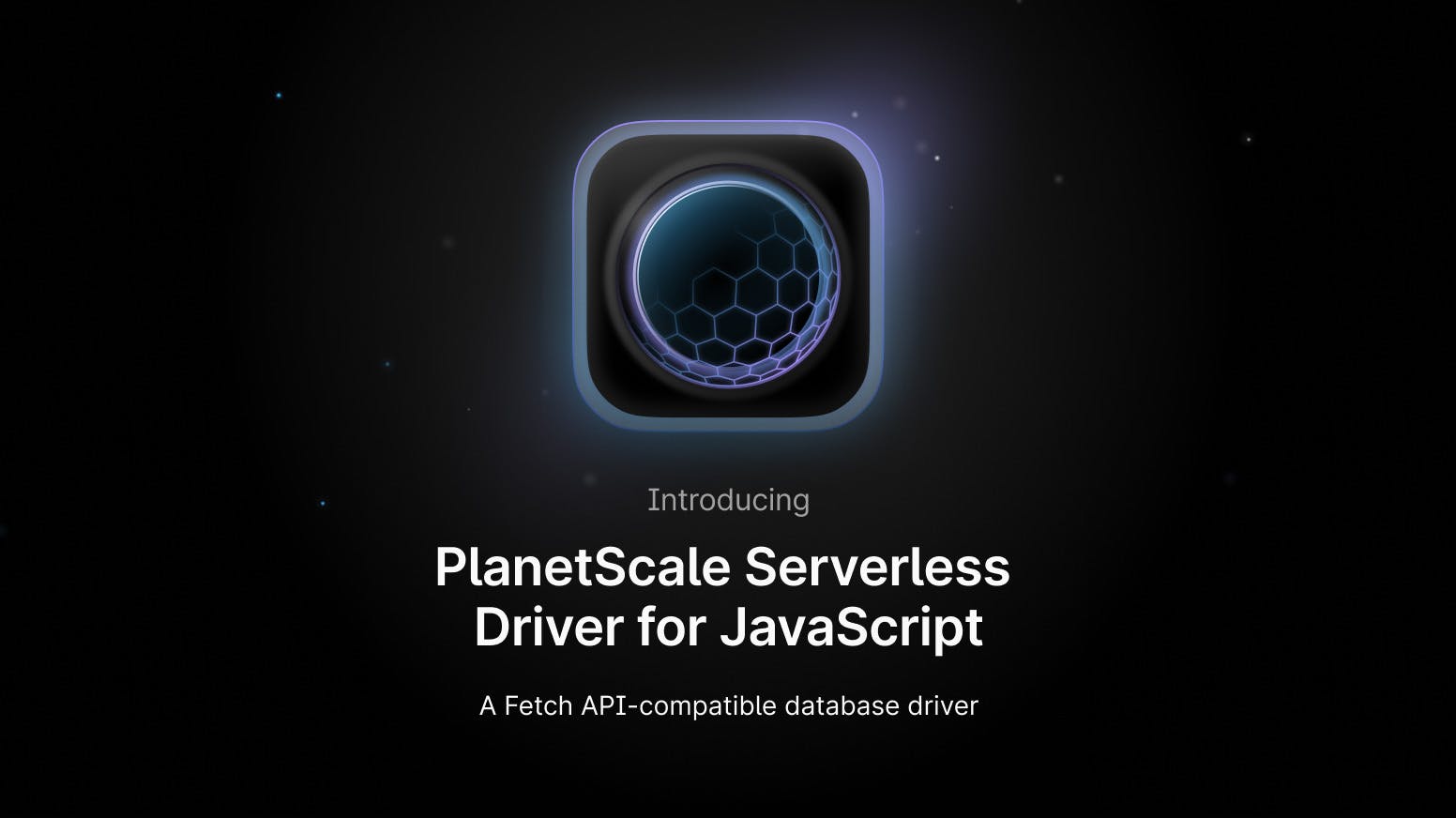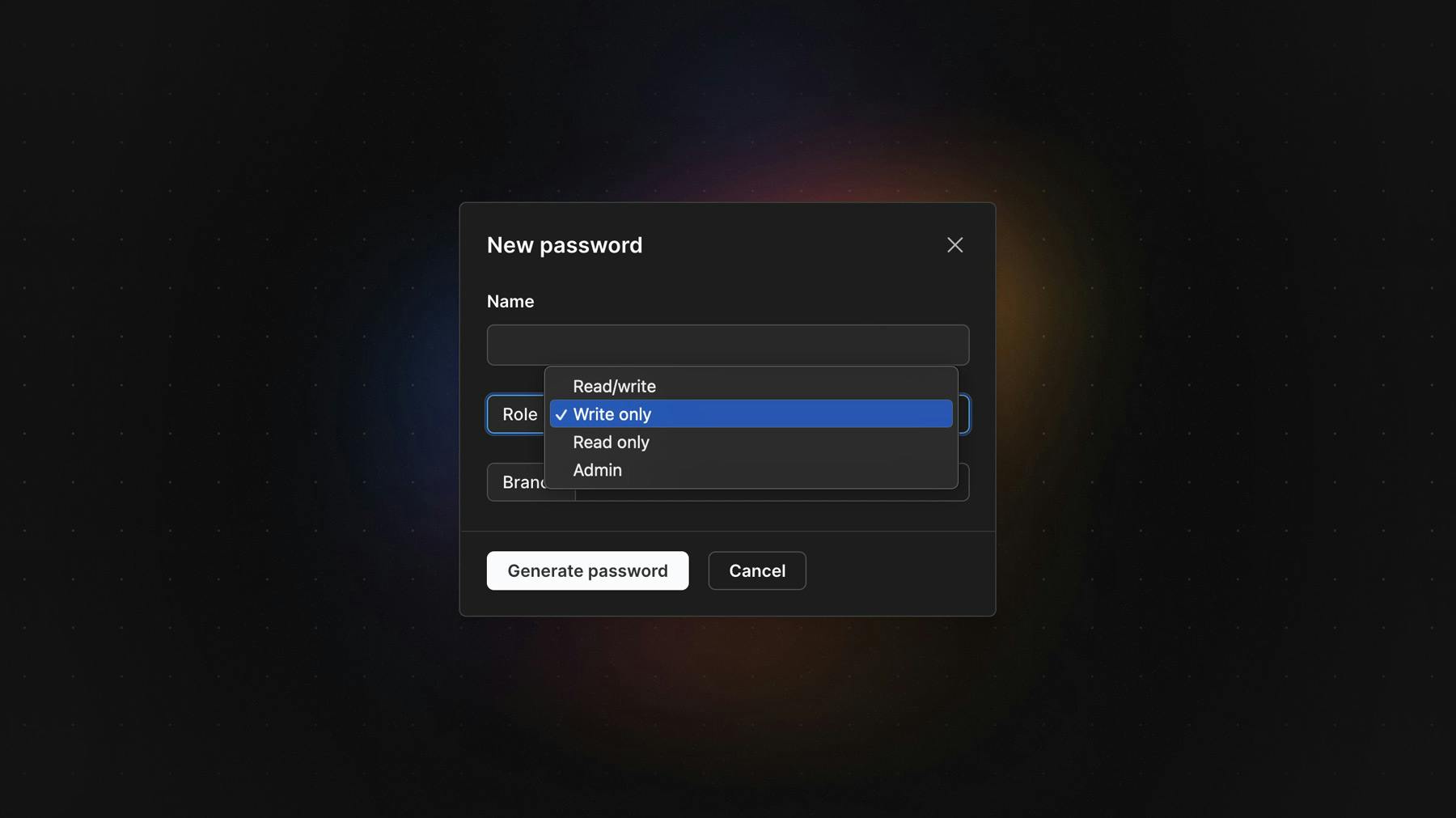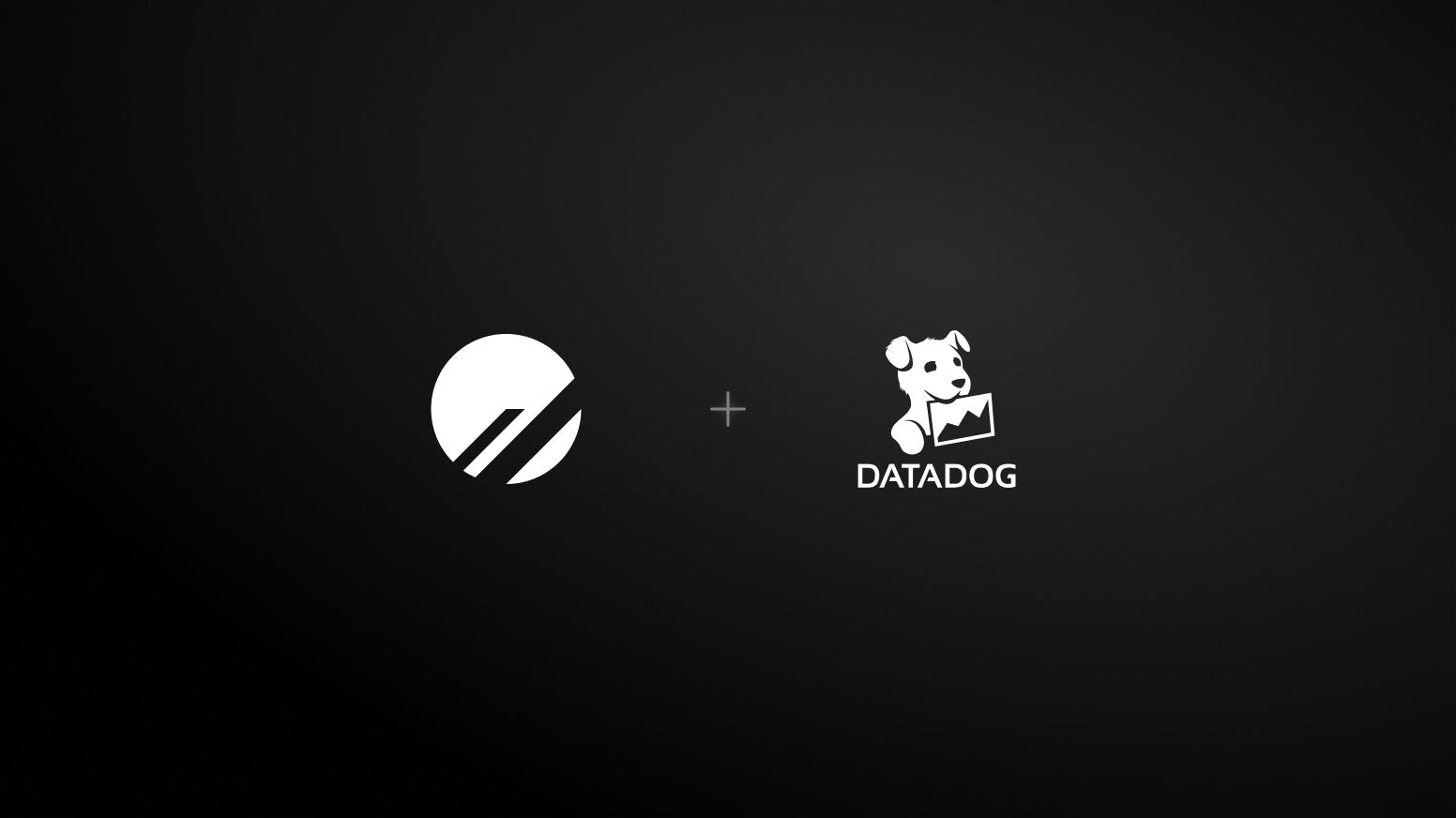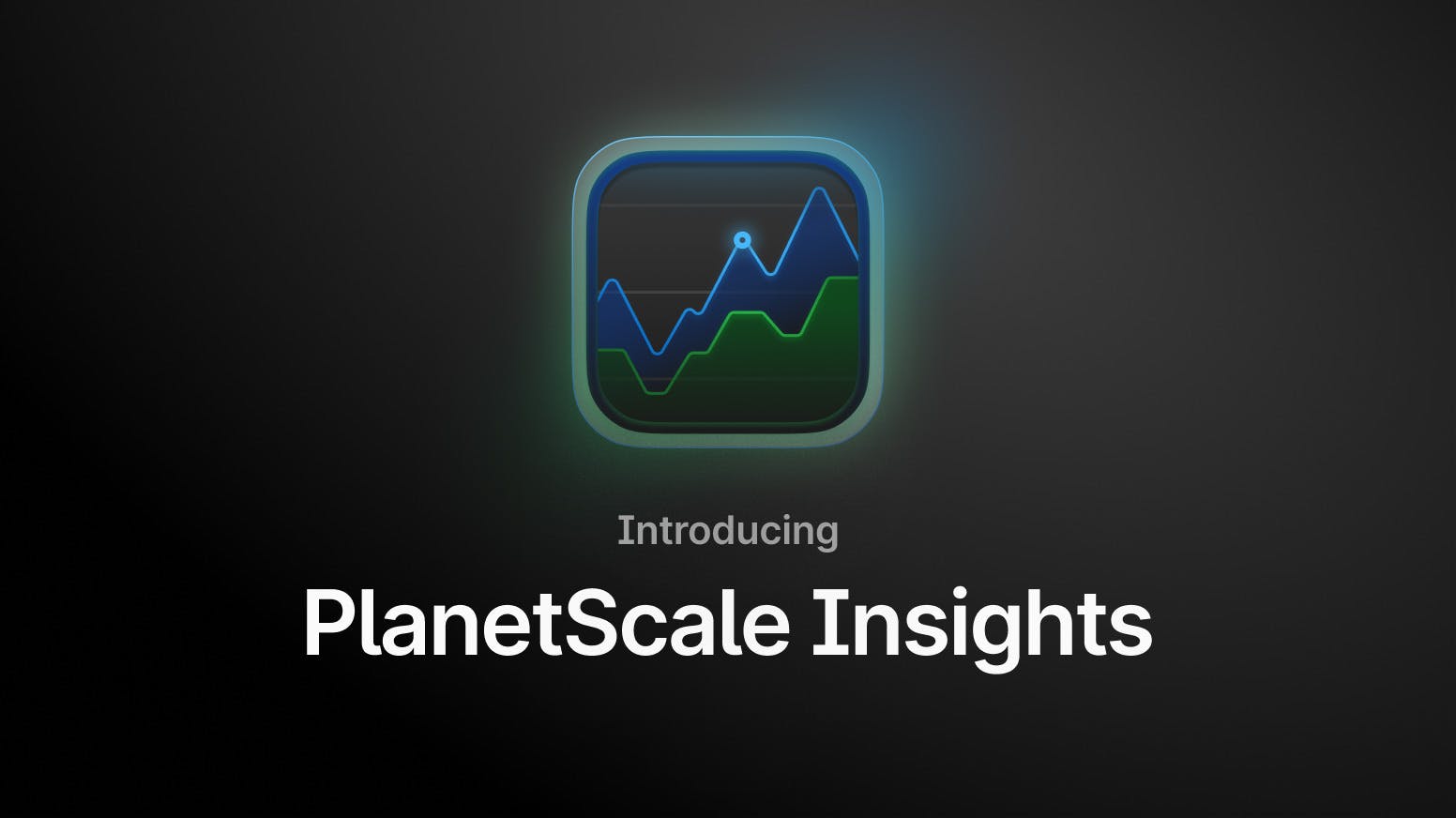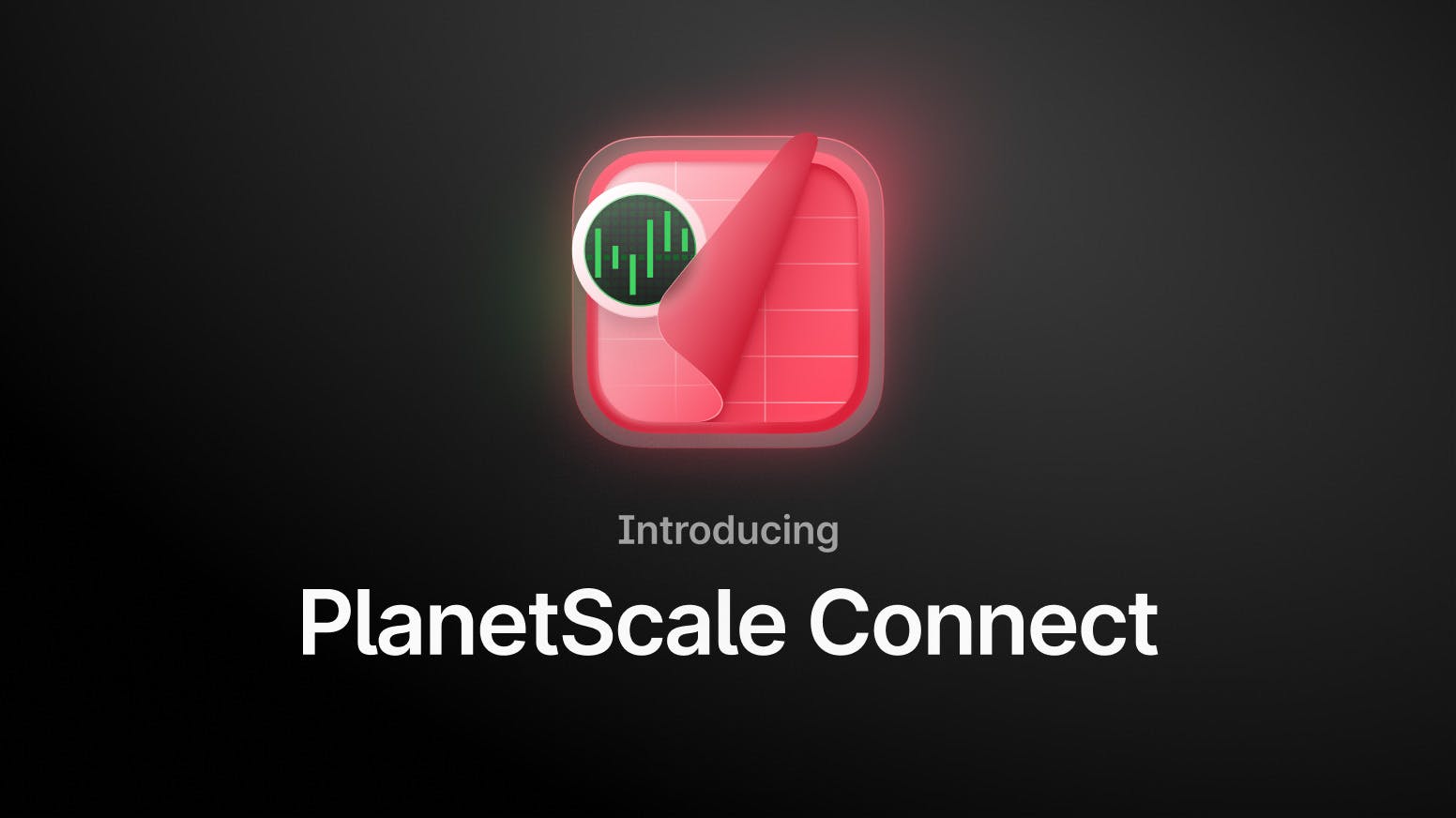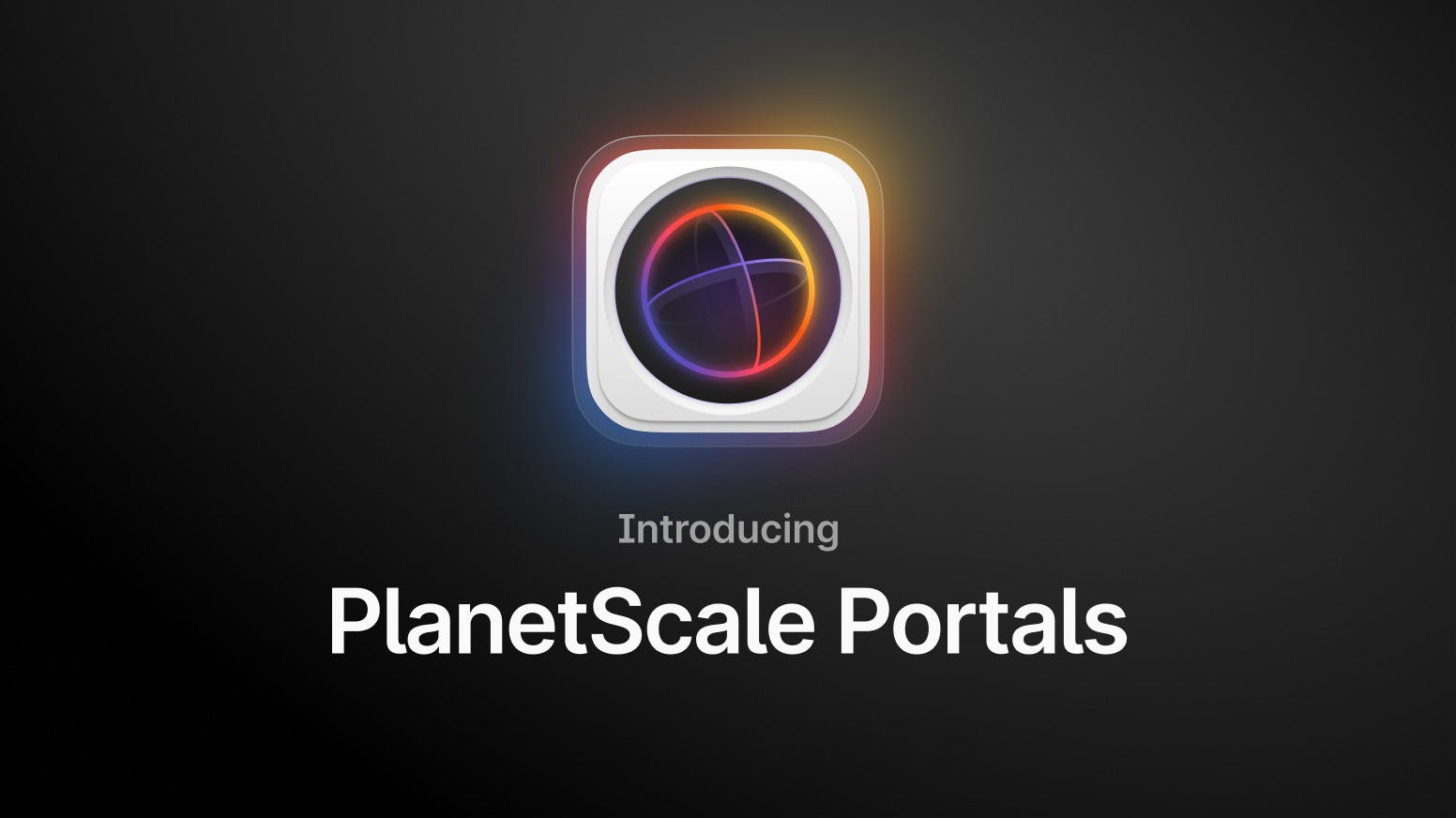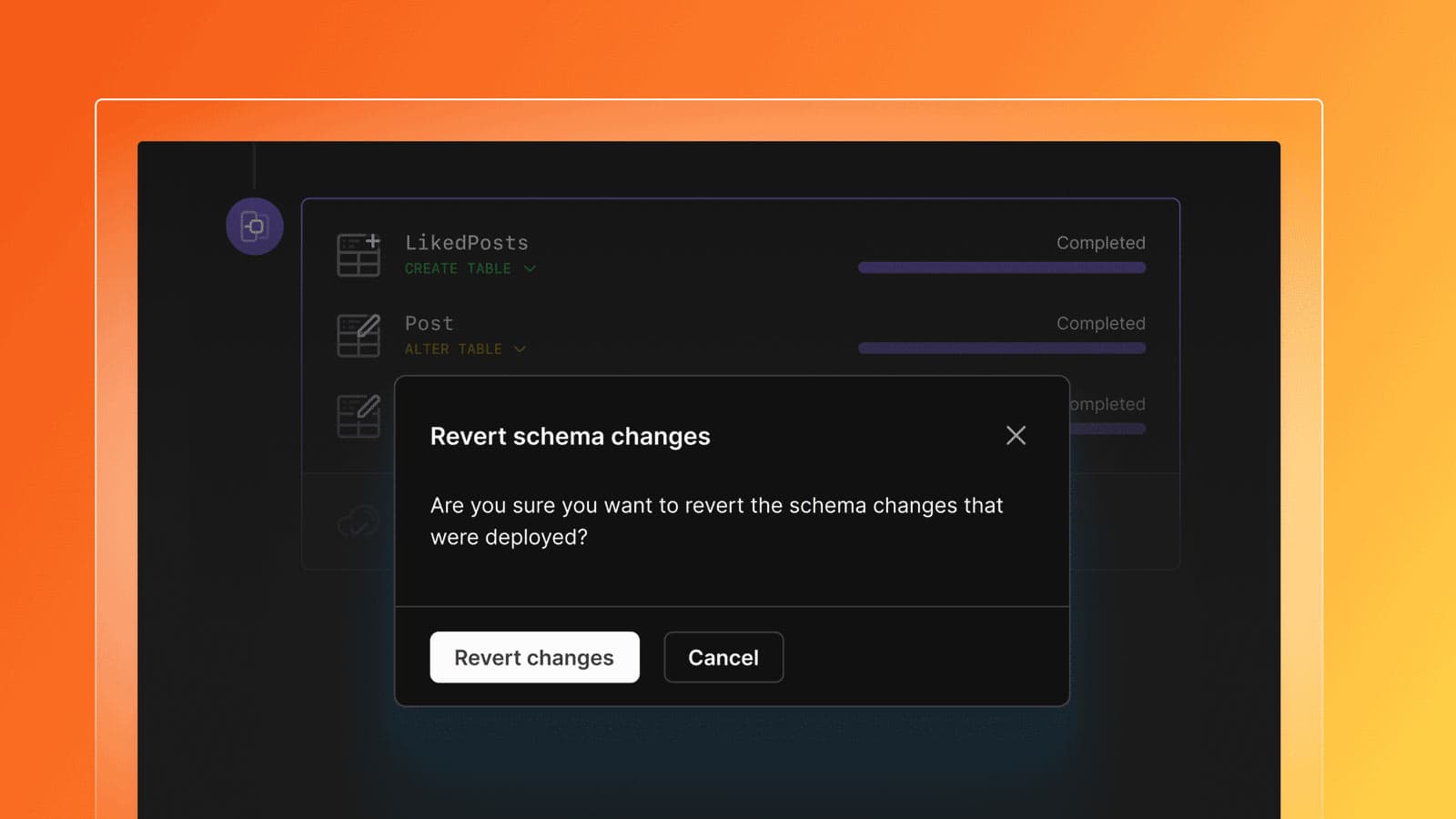Today, we’re introducing the Teams plan to better accomodate teams that require more resources and higher performance than the Scaler plan.
The new Teams plan includes:
- 100 GB storage
- 500 billion row reads/mo
- 100 million row writes/mo
- 3 production branches
- 10 development branches
- SSO
- 60 days audit log
- Larger resource allocation
- Business support
We’ve also made some updates to existing plans. Our free Developer plan is now called Hobby and comes with 5 GB storage, 1 production branch, and 1 development branch.
Our Scaler plan has been updated to include SSO as an add-on option, 10 GB storage, 2 production branches, and 5 development branches.
